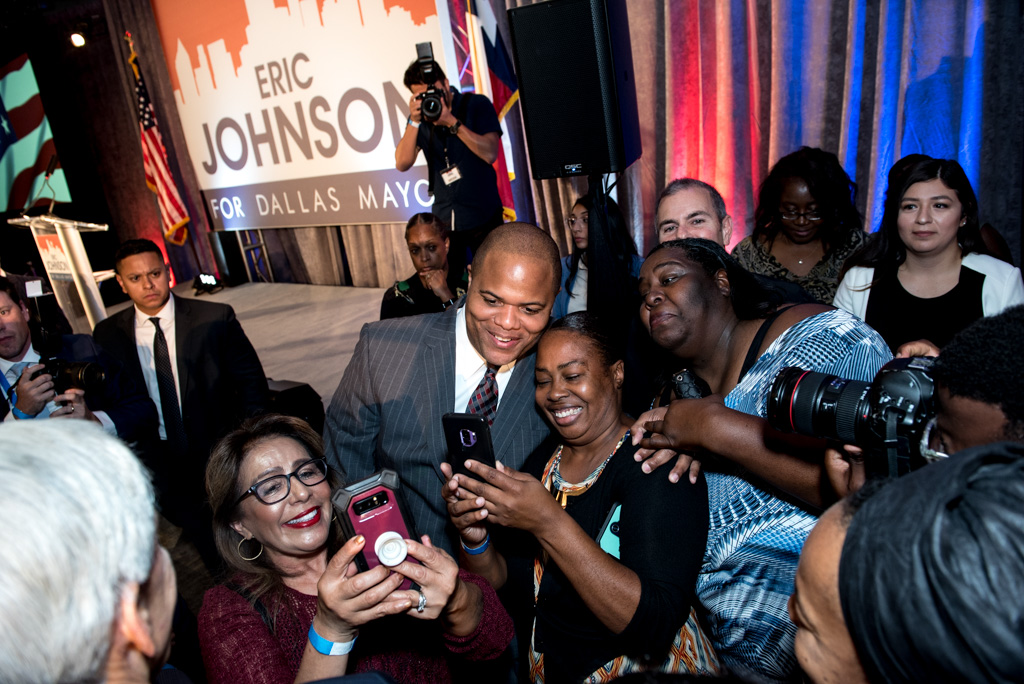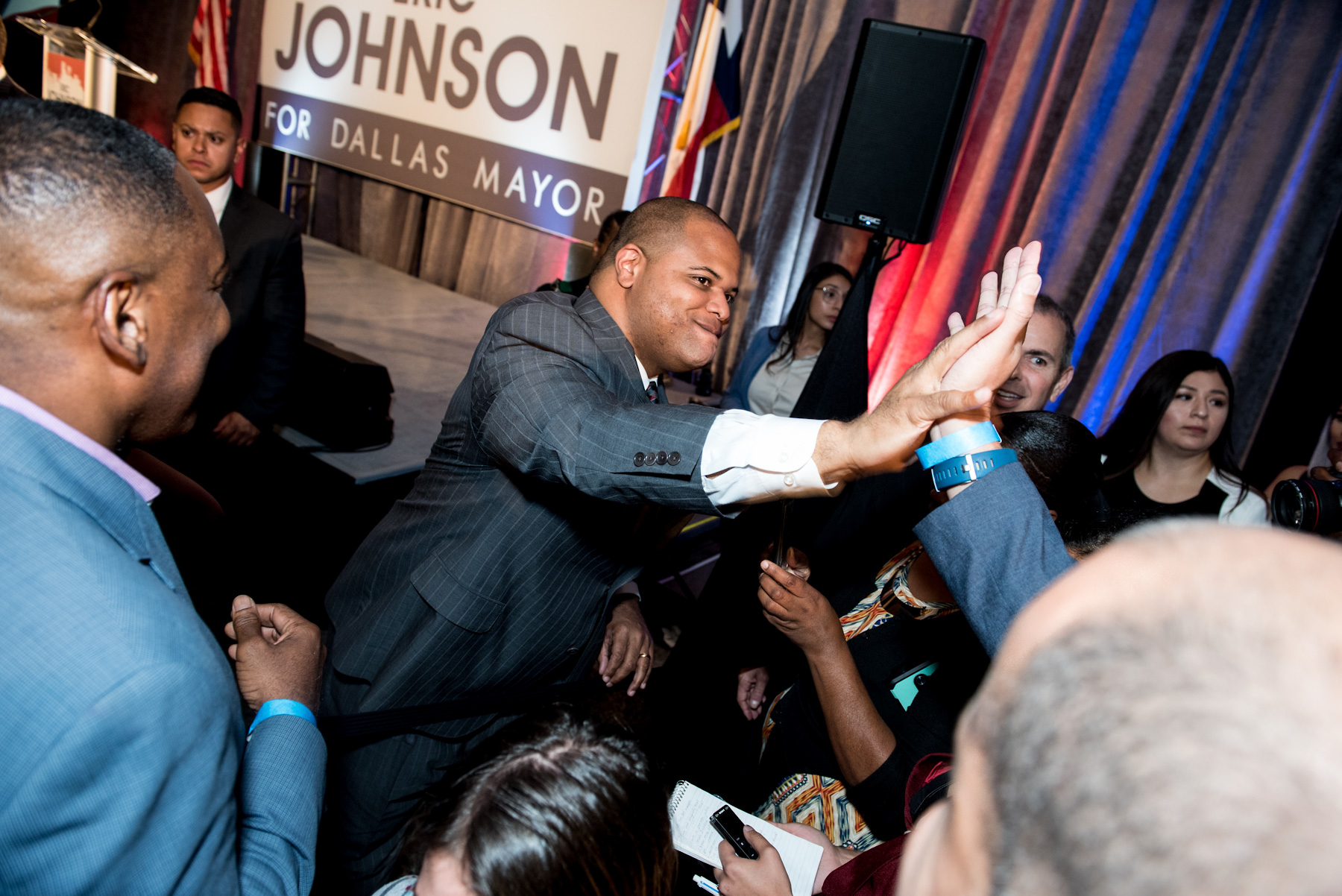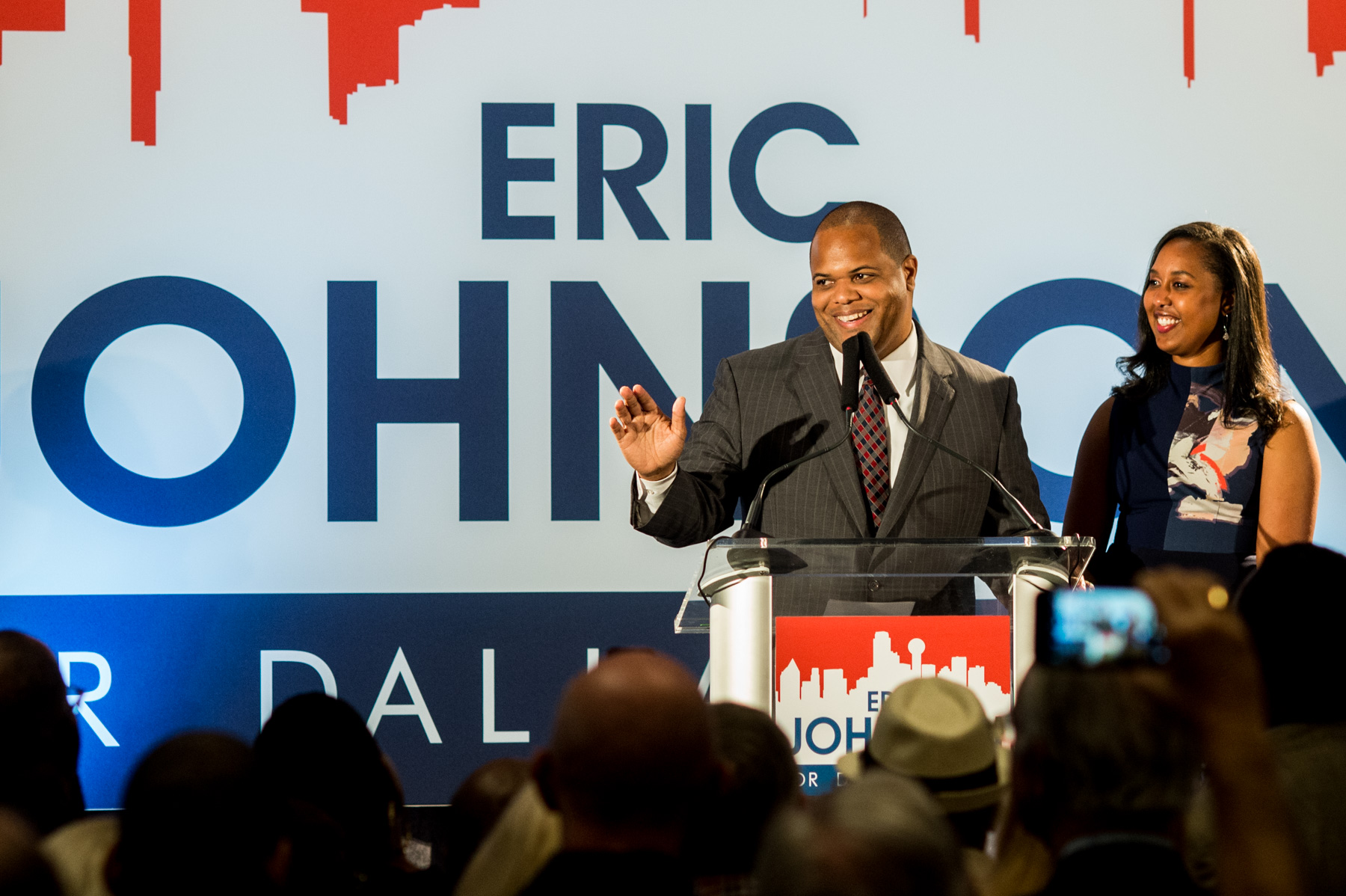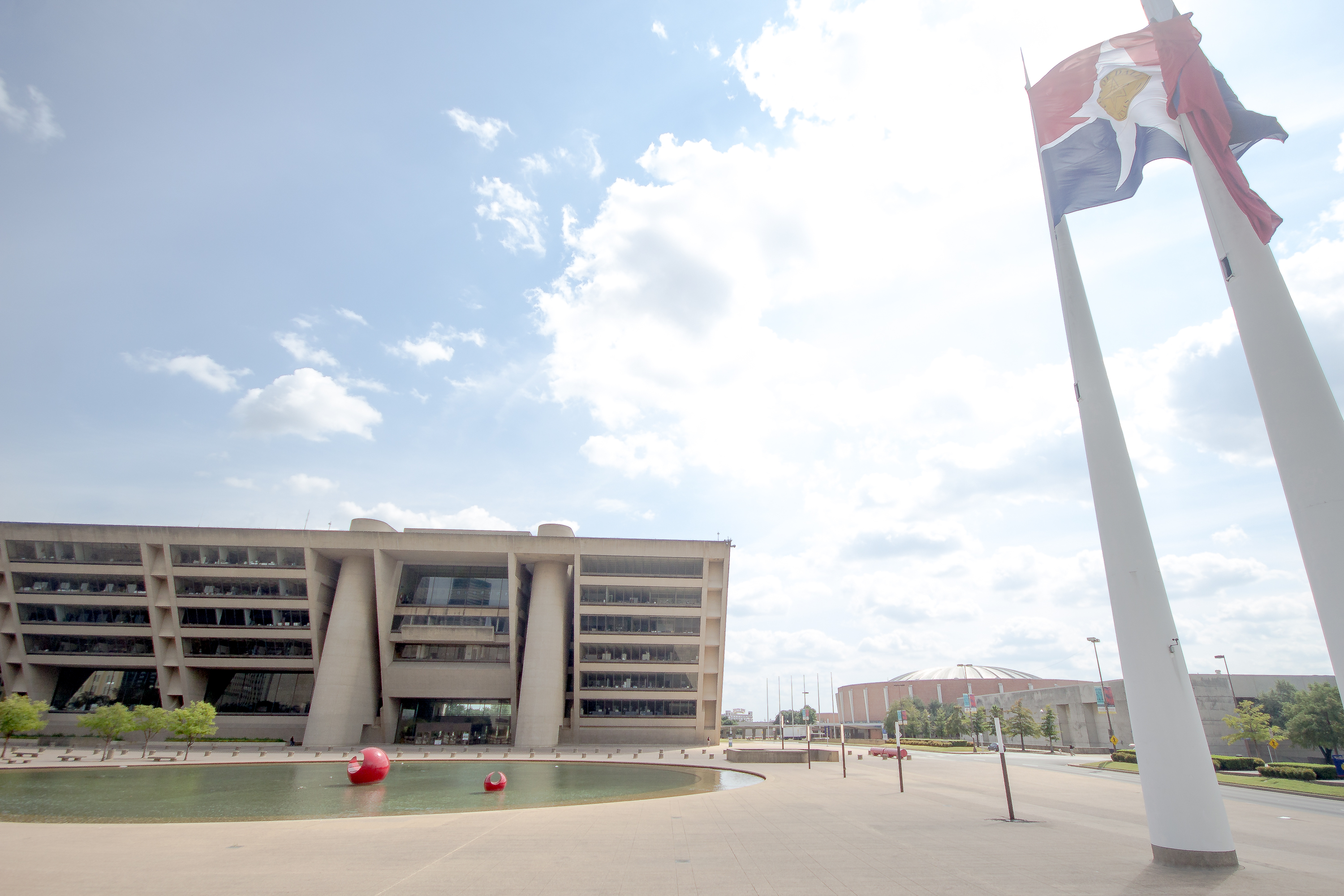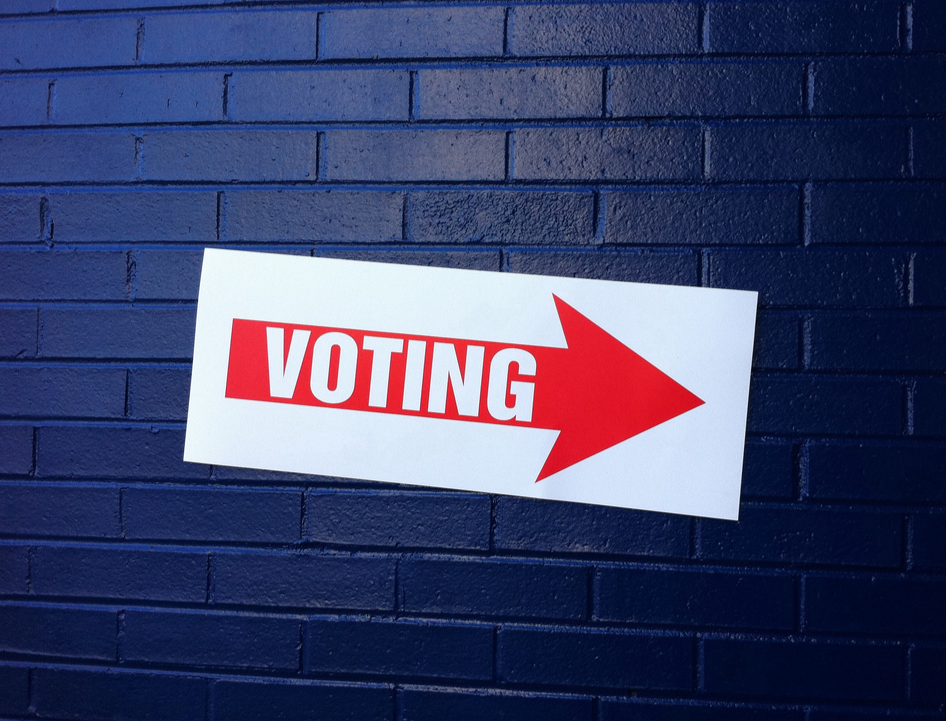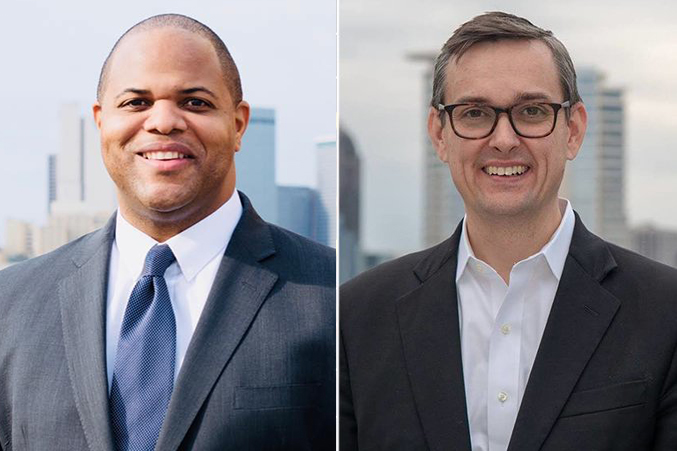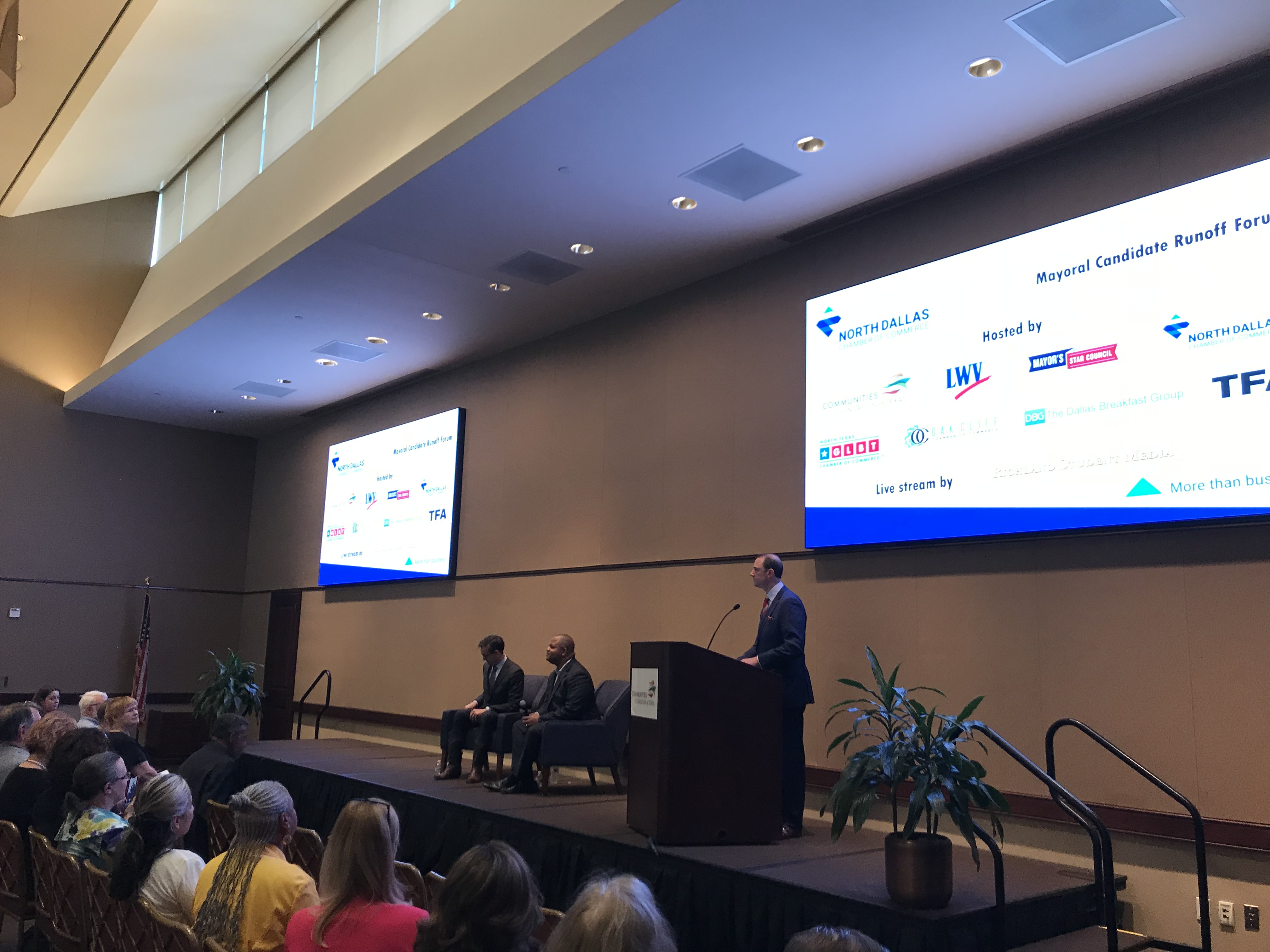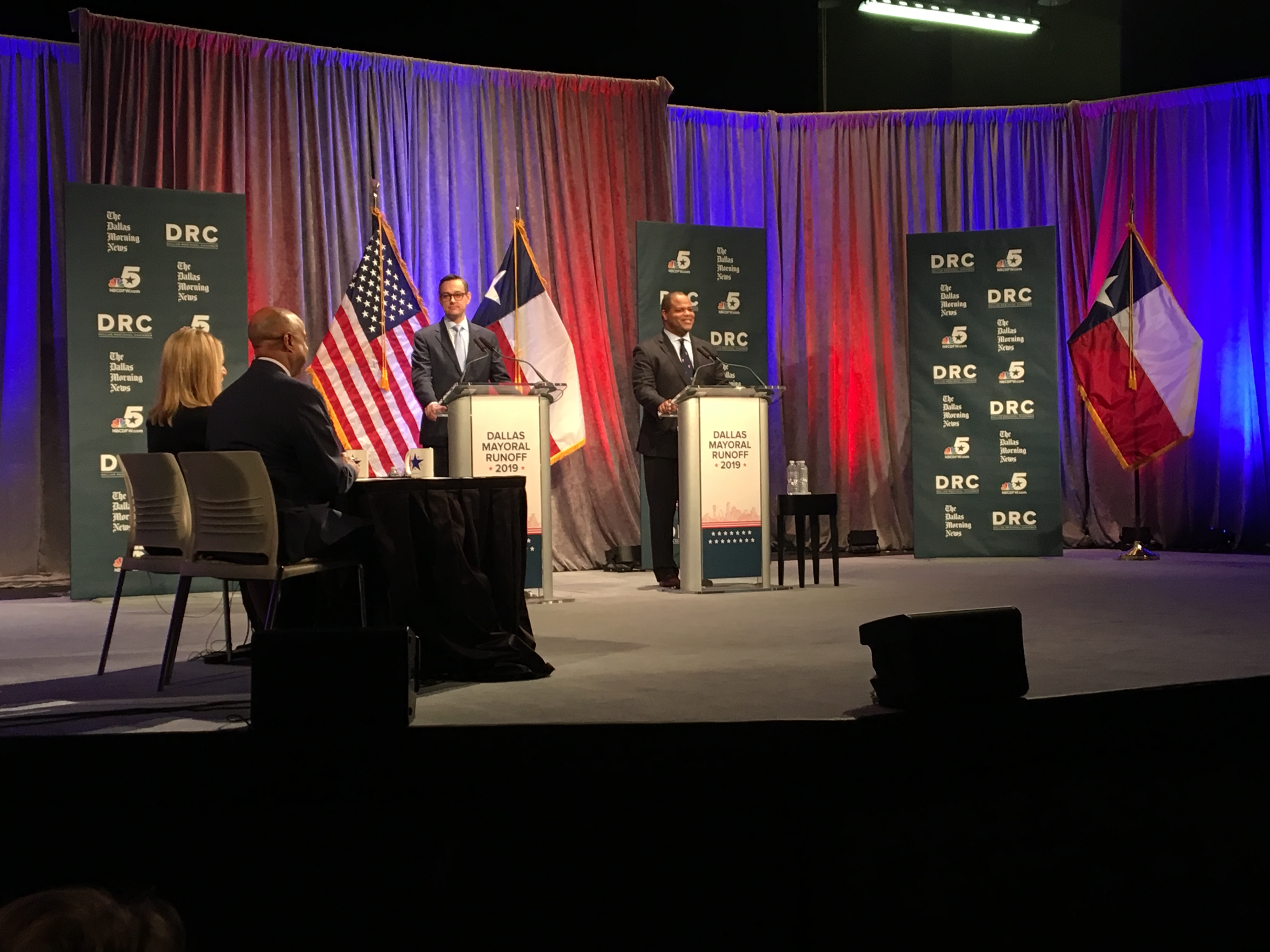Lorraine Birabil will run for the Texas House District 100 seat mayor-elect Eric Johnson will soon vacate. The former aide to U.S. Rep. Marc Veasey has worked on campaigns for Beto O’Rourke, Dallas County Judge Clay Jenkins, and former Texas Sen. Wendy Davis.
She joins a field that could swell to around a dozen candidates, according to the Dallas Morning News’ political wonk Gromer Jeffers. Birabil announced her candidacy yesterday with a list of endorsers highlighted by Jenkins, Veasey, state Rep. Terry Meza, County Commissioner John Wiley Price, and Oak Cliff advocate Edna Pemberton.
Birabil, who has lived in District 100 for the last 20 years, does have the blemish of an arrest on her record, although it’s a bizarre one. During an incident in 2013, police took her in for reportedly approaching an officer who was arresting her father after she’d been told to stay back. Her father was in a confrontation with two people over catering equipment and pay. Birabil would file a use-of-force complaint against the officers.



